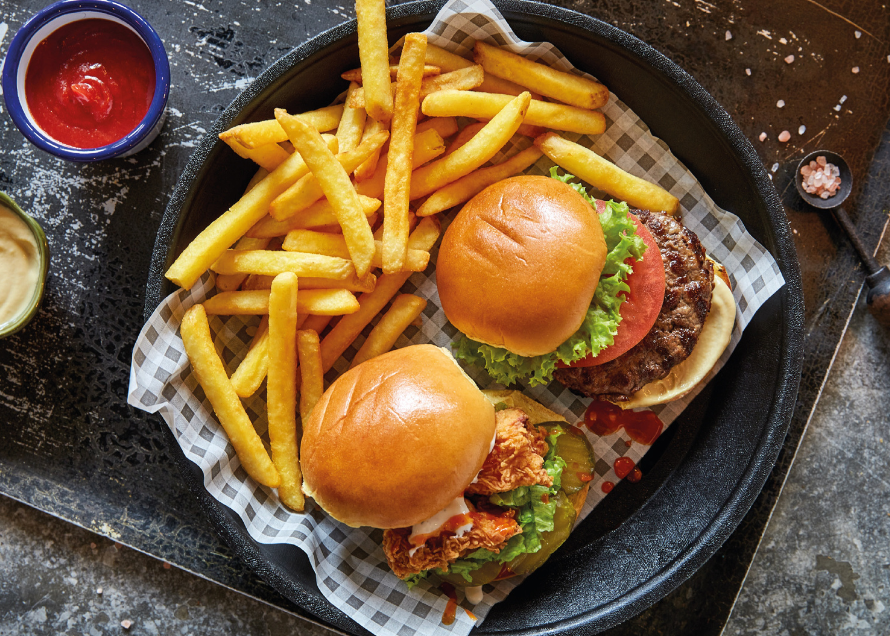WITH around one-third of all food produced lost or thrown away, food waste is a big problem worldwide – including wasting the water, labour and energy used to produce it.
A study, led by Scotland’s Rural College (SRUC), investigated what motivates households to reduce or avoid food waste and what practices people can use to achieve this goal.
Based on survey responses from 402 UK households, researchers looked at what drives people to reduce food waste and categorised the responses into three groups: saving money and time; caring about the environment; and avoiding feelings of guilt and regret associated with wasting food.
Environmental consideration was the most common motivation with 41.3 per cent of households listing it as the sole motivation and 21.9 per cent listing it in combination with emotion. Only 7.9 per cent of the households were solely motivated by emotion and 2.5 per cent by savings.
Researchers also classified household food waste management practices into three main actions: planning – making shopping lists and meal plans; inspecting – checking what is already in the fridge and cupboards before buying more groceries; and proactive actions – not making impulsive food purchases, considering portion sizes when cooking, cooking only the amount needed and using leftovers wisely.
A quarter (25.6 per cent) of households inspected food as the sole management practice, while a similar proportion (26.4 per cent) did not use any management practices. Only 15.2 per cent combined planning with inspecting and 8.5 per cent applied all management practices.
Additionally, the households were asked to assess their typical weekly food waste percentages, their food waste (reduction or lack of) over the past two years and whether they wanted to reduce their food waste in the future.
Finally, the researchers examined how elements of motivations and food management practices work together to enhance their combined impact and investigated how different households, based on specific characteristics, are motivated to reduce food waste.
Households that plan more and are proactive in managing food mostly have lower food waste. However, households that feel their previous efforts to reduce food waste over a longer period did not have an impact are less inclined to engage in planning and proactive behaviours.
Older food shoppers tend to be better at planning and inspection than younger adults and households that spend a larger part of their monthly income on food are more likely to want to reduce food waste.
Lead researcher Toritseju Begho said: “Studies like this are important because they provide real-world evidence that can help us encourage households to prevent food waste.
“Households can gain new perspectives on their motivations and recognise the significance of aligning these motivations with practical and efficient management practices.
“This information is also valuable for policymakers and stakeholders informing the aspects to focus on in the fight against food waste. For example, campaigns that educate households about how food waste harms the environment would resonate more effectively with the public.
Younger adults might benefit from programmes aimed at enhancing their planning and proactive behaviours.
“Food manufacturers and retailers can also use these insights to produce packaged food in portions that help households minimise waste.”
The study was published in Cleaner and Responsible Consumption.
































